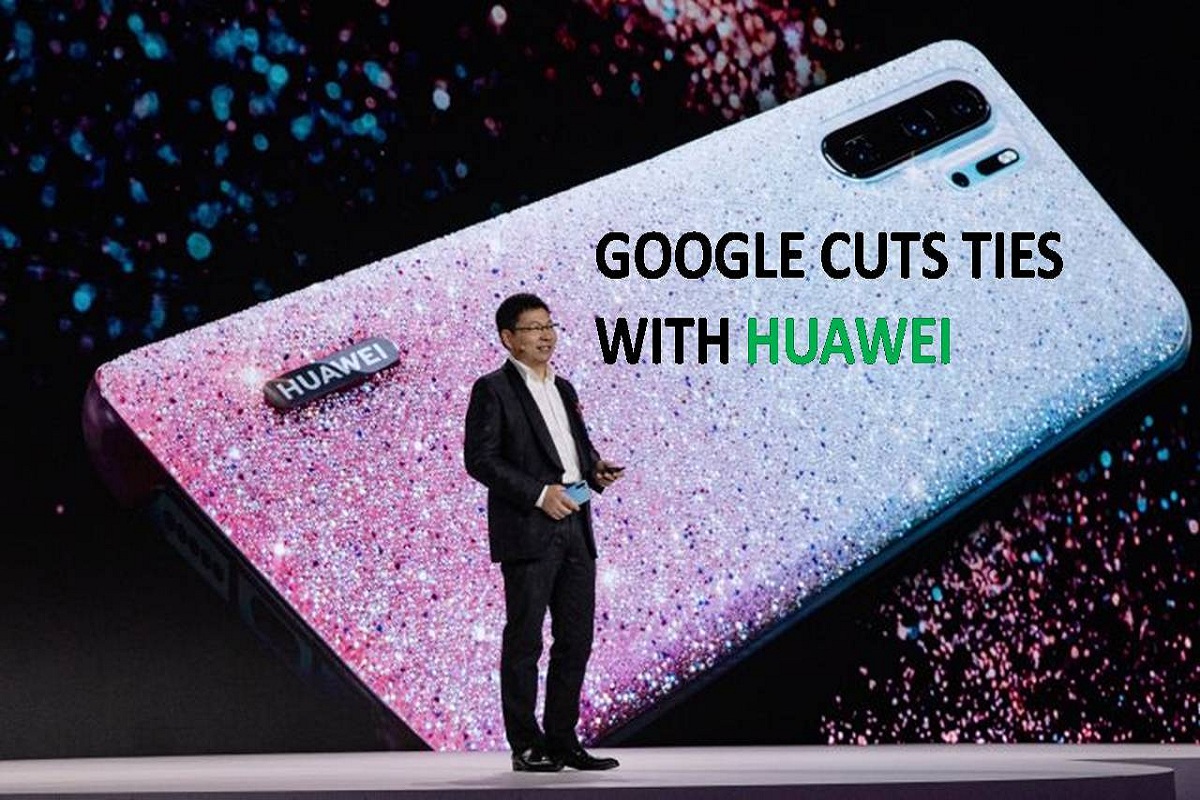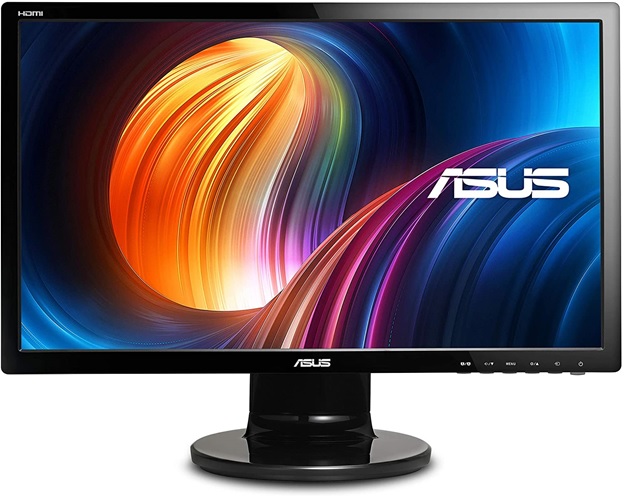

Google Severes Ties With Huawei: Breaking Tech News Update
Google’s Play‐Stop on Huawei: A Game‑Changer for the Chinese Tech Titan
When Google decided to halt the licensing of its Android operating system to Huawei, it wasn’t just a small policy tweak—it was a swift slam on the doors of a rival’s ambitions to dominate the global smartphone scene. Outside the polished halls of Silicon Valley, the move sent ripples through the tech world, and Huawei’s favourite badge of honor, the Android name, suddenly looked far more distant.
Why the Move Matters
- Entity List – Washington added Huawei to a special blacklist, meaning U.S. firms now need a license to sell to them. Google stepped in, canceling all transfer of hardware, software, and key services.
- Android without Google Services – Huawei’s future phones will only have the open‑source version from the Android Open Source Project—no app store, no maps, and no familiar Google apps for users who expect a seamless experience.
- Impacts on Huawei’s Global Stature – Without the corner‑stone Android ecosystem, Huawei is risking falling behind competitors who still wield full Android power with Google’s support.
The Big Picture
In a world where operating systems are the backbone of user experience, not having Google’s ecosystem is like trying to run a marathon without shoes. Huawei fans will miss the easy access to maps, Gmail, YouTube, and the Play Store—features that many consider essential for a smart device.
What This Means for Consumers
- Future Huawei devices will rely on a stripped‑down, “pure” Android that looks functional but lacks the polish of its Google‑powered counterparts.
- Apps that depend on Google’s APIs might not perform as expected, forcing users to seek alternatives or forgo certain services.
Who knew a single licensing decision could turn a hot‑shot contender into a hesitant contender? With the tides shifting, Huawei’s journey to the top of the smartphone world now feels a little less sleek—and a bit more rugged.







